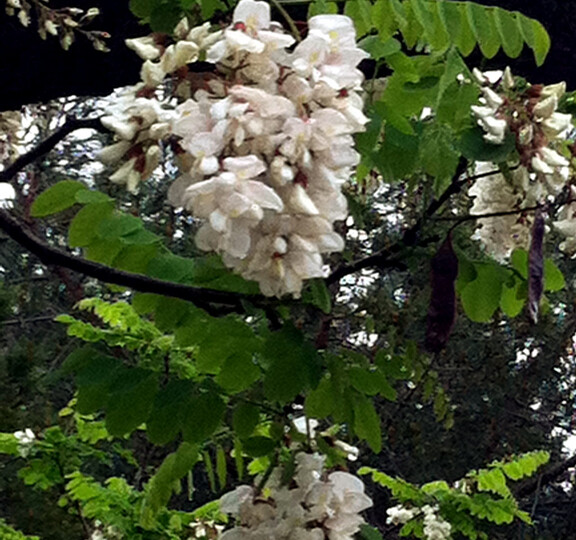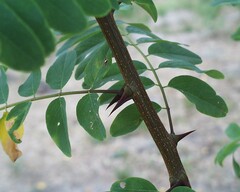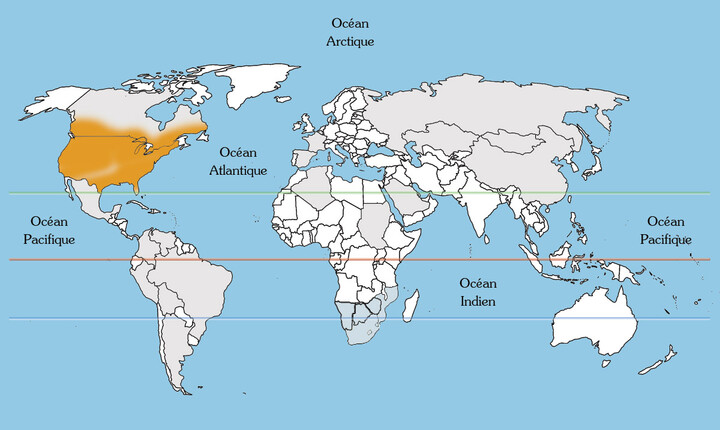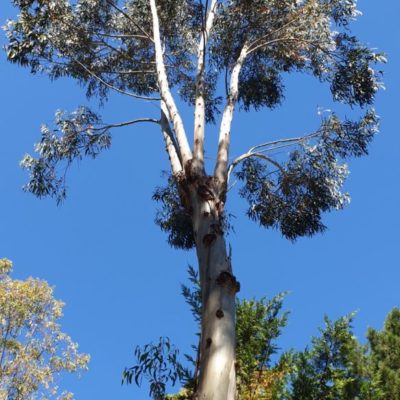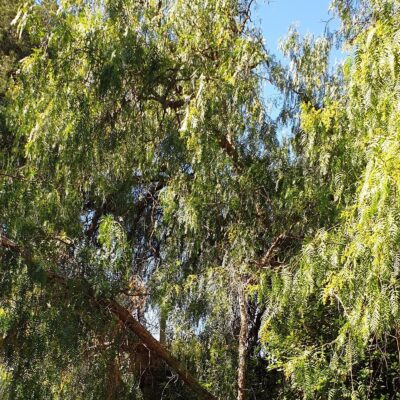False acacia / Black locust
Presentation
Polyvalent par nature
The False acacia or Black locust, also known under the Latin name Robinia pseudoacacia, is a deciduous tree belonging to the Fabaceae family. Originating from North America and, specifically, the Appalachian Mountains, it is widely grown in many parts of the world for its precious wood, ornamental appeal and varied uses. You’ll find it on the botanical footpath adorning our four-star campsite Les Jardins de La Pascalinette ® in the Var area, French Riviera-Côte d’Azur.
The tree is characterized by its clusters of deliciously fragrant white flowers, adding a splash of colour and perfume to gardens and urban landscapes in spring. Its bright green foliage provides pleasant shade in summer, while its brown pods add a decorative element in autumn. In May and June, the flowers can be incorporated in doughnuts (as you know, we are big foodies here at the campsite!). They can also be eaten raw, although it’s best not to consume too many. They are also used to manufacture an essential oil.
Beautiful and tough
In addition to its aesthetic appeal, False acacia is prized for its hard, insect-resistant wood. Used in various constructions, from outdoor furniture to fence posts, False acacia wood is renowned for its durability and natural beauty.
However, despite its many qualities, the False acacia should be treated with some caution.
Certain parts of the tree, including the bark, leaves and seeds, contain toxic compounds that can be harmful to humans and animals if ingested in large quantities. It is therefore essential to handle them with care and refrain from consuming them without knowing the risks in full.
Identity
| Latin name : | Robinia pseudoacacia |
|---|---|
| Family : | Papilionaceae |
| Genus : | Robinia |
| Species : | pseudoacacia |
| Color : | Green foliage / Creamy white flowers |
| Origin : | North America |
| Foliage : | Deciduous |
| Port : | Spreading |
| Height : | 15 m |
| Flowering : | May-June |
Did you know?
False acacia honey is actually sold under the name "acacia honey", which is technically incorrect but tolerated.

